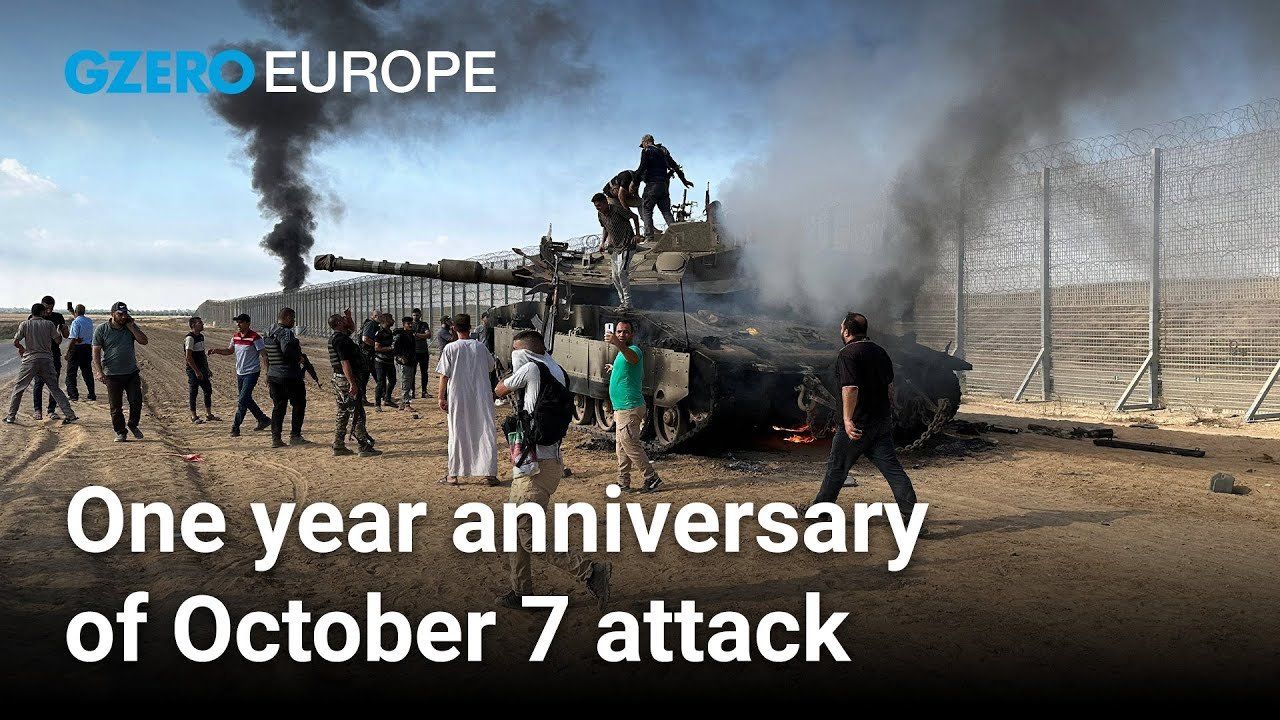October 07, 2024
What's the situation of Europe one year after the October 7th attack against Israel? What's the main takeaway from the visit of the new NATO Secretary General to Kyiv? Carl Bildt, former prime minister of Sweden and co-chair of the European Council on Foreign Relations, shares his perspective on European politics from Lisbon, Portugal.
What's the situation of Europe one year after the October 7th attack against Israel?
Well, I think deep apprehension is the best way of summing it up. Fears that we will see a further escalation of the conflict. Could be further problems in Gaza, could be further problems in West Bank. But perhaps particular now the situation of Lebanon, where there's the risk that we will see a further meltdown by the way of Lebanon. And we already have a million people on the move inside Lebanon. We have perhaps 100,000 people who are trying to flee from Lebanon into Syria. Mind you, there was a million and a half fleeing from Syria into Lebanon a couple of years ago. And the fear that we will see any refugee flow coming out of that area into Europe with all of the problems that would entail. So, deep apprehension on that situation.
What's the main takeaway from the visit of the new NATO Secretary General to Kyiv?
I think it was important for Mark Rutte to go to Kiev as the first thing he did really as the new Secretary General of NATO in order to make very clear his personal commitment to Ukraine, and the fact that he would put that at the top of his list of priorities, much in the same way as outgoing Secretary Jens Stoltenberg has done during the last few years. So, that was an important signal in itself.
From Your Site Articles
More For You
Tune in on Saturday, February 14th at 12pm ET/6pm CET for the live premiere of our Global Stage from the 2026 Munich Security Conference, where our panel of experts takes aim at the latest global security challenges.
Most Popular
- YouTube
In this Quick Take, Ian Bremmer weighs in on the politicization of the Olympics after comments by Team USA freestyle skier Hunter Hess sparked backlash about patriotism and national representation.
British Prime Minister Keir Starmer delivers a speech at Horntye Park Sports Complex in St Leonards, Britain, February 05, 2026.
Peter Nicholls/Pool via REUTERS
In July 2024, Keir Starmer won the United Kingdom’s election in a landslide. It has been downhill ever since, with Starmer’s premiership sullied by economic stagnation, intraparty fighting, and a lack of vision for the country.
© 2025 GZERO Media. All Rights Reserved | A Eurasia Group media company.
